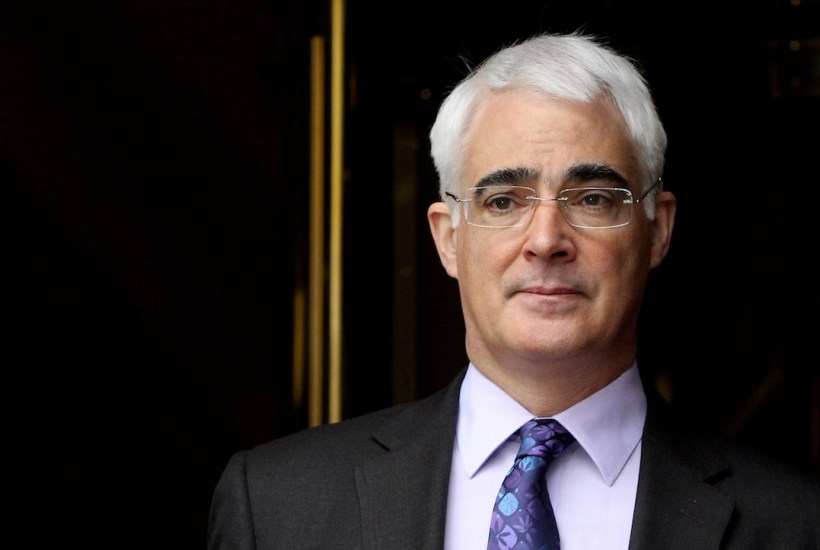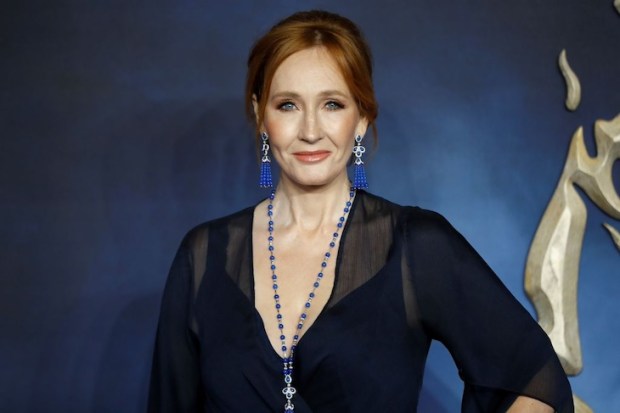The death of Alistair Darling is a grievous loss. British politics has lost a man of decency, character, integrity and humour. He was a good man, in a world where good men are scarce.
Darling’s most prominent role in politics was as chancellor to prime minister Gordon Brown from 2007 until 2010, a turbulent period defined by a global financial crisis and the related economic slump.
Already a subscriber? Log in
Subscribe for just $2 a week
Try a month of The Spectator Australia absolutely free and without commitment. Not only that but – if you choose to continue – you’ll pay just $2 a week for your first year.
- Unlimited access to spectator.com.au and app
- The weekly edition on the Spectator Australia app
- Spectator podcasts and newsletters
- Full access to spectator.co.uk
Or




















Comments
Don't miss out
Join the conversation with other Spectator Australia readers. Subscribe to leave a comment.
SUBSCRIBEAlready a subscriber? Log in